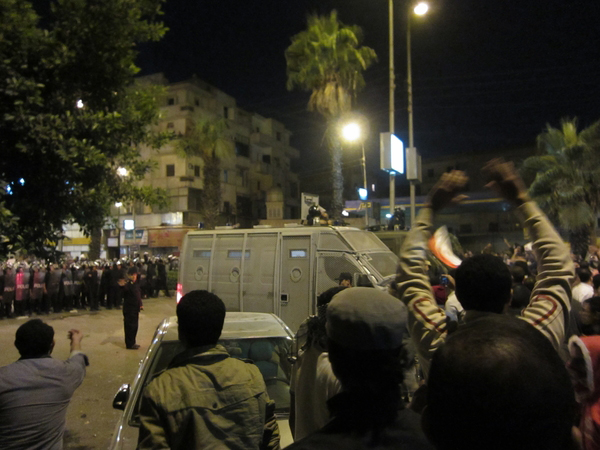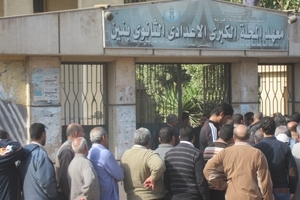
Egyptians demonstrate outside of the Presidential Palace in May, 2012. Copyright Amnesty International.
On the second anniversary of the Egyptian Jan. 25 uprising, there’s a strong sense that the hopes of Tahrir Square have been tarnished.
There’s some reason for this: There have been too many broken promises. Women, who were so essential to the uprising, were quickly marginalized in the months after it. Copts and other minority groups fear for their future. A new civilian government pushed through a constitution that may further minimize the role of women and lead to past human rights abuses being repeated. And perhaps most important, no institution seems capable of holding former Mubarak officials, security forces and the military accountable for decades of human rights abuses. The spirit of impunity lives on.
Yet, that’s only one side of the situation. There is in fact reason not to lose faith in Egypt’s future. This is not a promise that the path toward justice in Egypt is smooth, nor is it a prediction. But here are five reasons why we must remain engaged:

